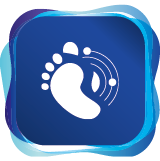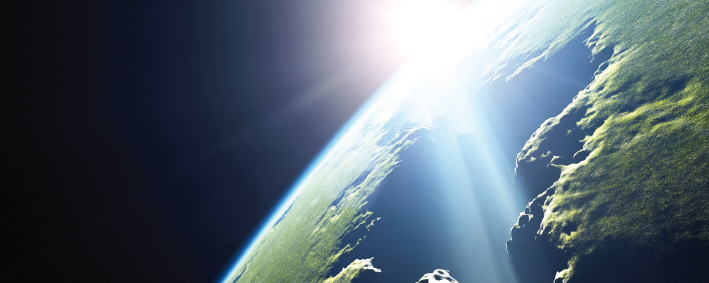 |
CCST9012 Science, Technology and Big Data
|
Course Description
This course discusses the historical changes in the perception of our place in the universe as a result of astronomical development. We begin with ancient models of the universe in different cultures and the religious and philosophical interpretation of celestial objects, through the Copernican revolution and the work of Kepler, Galileo and Newton, towards our current physical model of the universe.
Topics include:
- Changing perceptions of our place in the universe as the result of astronomical development. Illustration of the development of the scientific method and how science has influenced the evolution of our philosophical thinking and cultural development;
- Ancient models of the universe and the early philosophical and religious interpretation of celestial objects;
- The development of concepts of time and calendars through the observation of solar, lunar, and planetary motions;
- The Copernican revolution and the change from geocentric to heliocentric cosmology;
- The application of scientific method and a physical interpretation of the universe through the work of Kepler, Galileo and Newton;
- The expansion of the spatial scale of the universe as the result of modern astronomical observations;
- Expansion of the time domain in cosmic history through the study of the history of the Earth, biological evolution, and cosmic evolution.

Course Learning Outcomes
On completing the course, students will be able to:
- Describe the scientific method and explain how the scientific method was developed and applied to explain and predict motions of celestial objects.
- Identify qualitative and quantitative everyday astronomical phenomena and describe how such understanding has evolved over history.
- Describe the emergence of rational thinking.
- Assess the effects of social environment on intellectual development through historical examples.
- Evaluate the role of science in transforming our philosophical thinking.
Offer Semester and Day of Teaching
Second semester (Wed)
Study Load
| Activities | Number of hours |
| Lectures | 24 |
| Tutorials | 8 |
| Fieldwork / Visits | 2 |
| Reading / Self-study | 60 |
| Assessment: Quizzes | 1 |
| Assessment: Assignments / Reports | 25 |
| Assessment: Mid-term test (incl preparation) | 12 |
| Assessment: Examination (incl preparation) | 15 |
| Total: | 147 |
Assessment: 60% coursework; 40% examination
| Assessment Tasks | Weighting |
| Assignments | 30 |
| Quizzes | 10 |
| Mid-term test | 20 |
| Examination | 40 |
Required Reading
- Kwok, S. (2017). Our place in the universe. Springer.
Course Co-ordinator and Teacher(s)
| Course Co-ordinator | Contact |
| Dr T.D. Wotherspoon Faculty of Science |
Tel: 3917 5420 Email: wothersp@hku.hk |
| Teacher(s) | Contact |
| Dr T.D. Wotherspoon Faculty of Science |
Tel: 3917 5420 Email: wothersp@hku.hk |
| Dr H.F.D. Yu Faculty of Science |
Tel: 3917 8575 Email: davidyu@hku.hk |

